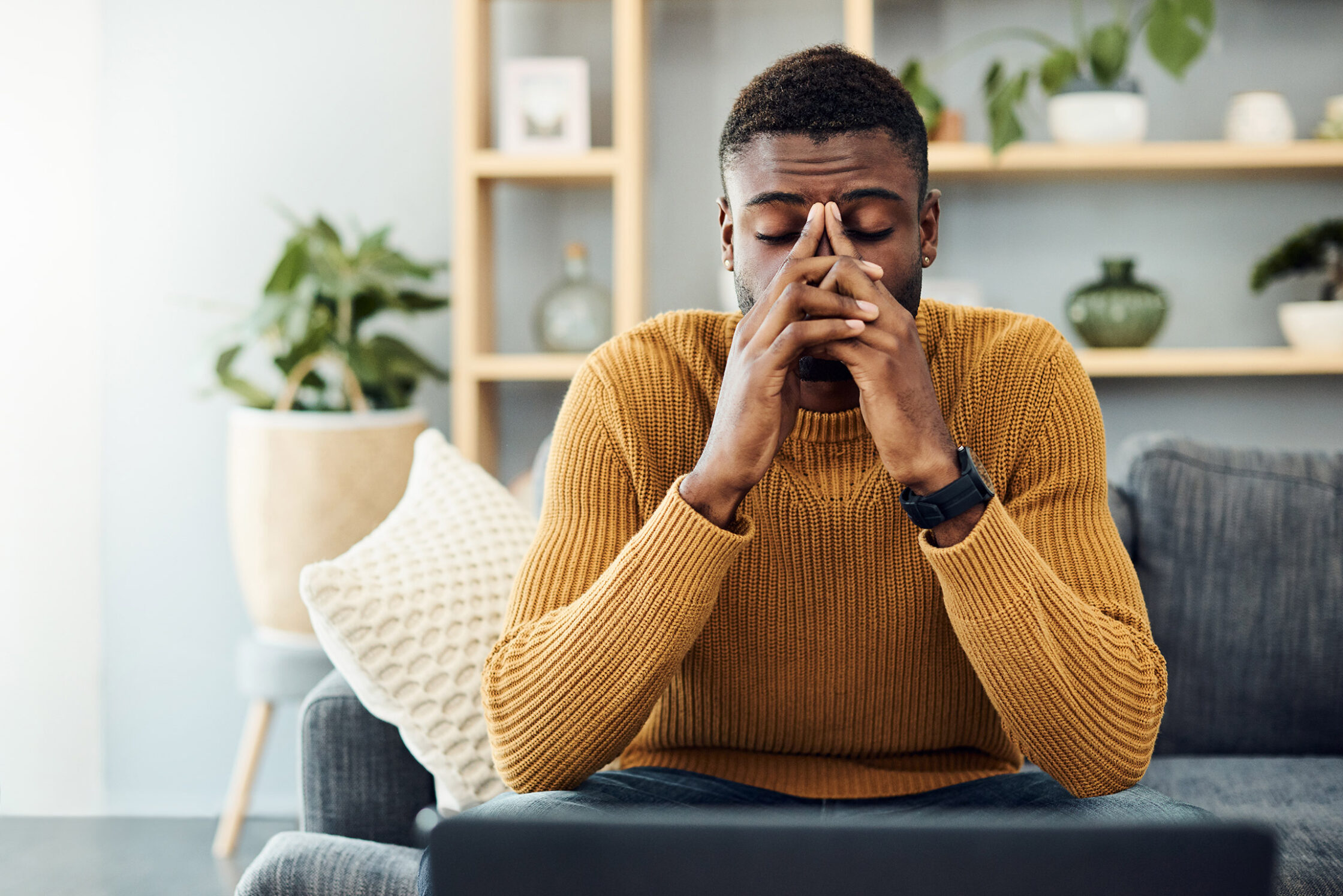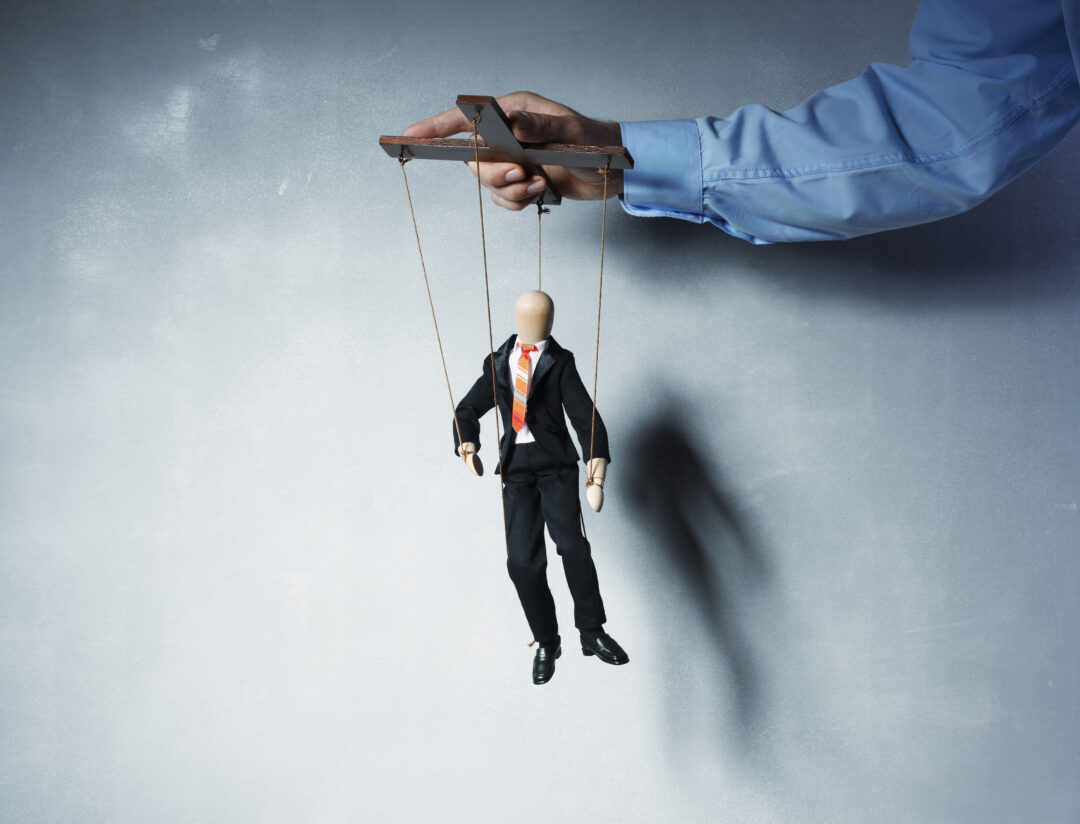For some, anxiety is a sense of nervousness or tenseness that is uncomfortable, but manageable. They’re able to still face the thing causing those feelings. However, some also feel anxiety much deeper. So much so that they begin to avoid the thing causing their anxiety.
At surface level, it’s easy to see why someone might avoid the thing causing them anxiety. Avoiding the trigger also means avoiding increased heart rate, sweating, nausea, headaches, shortness of breath, and more.
It might seem like avoiding the trigger solves the issue. After all, avoidance means you won’t experience the symptoms, right? Well, it’s not that black and white.
While avoidance does create a short-term, immediate solution to evading anxiety, it’s not actually addressing the real problem. Instead, it can exacerbate the true underlying issue. So, what do you do?
Avoidance Doesn’t Fix Anxiety
It’s natural to avoid things we find unpleasant or that cause us discomfort. While in some ways this is an evolutionary tactic that works for survival, it can also be problematic.
Avoidance behaviors help us sidestep feelings of anxiety, but at a price. When severe enough, these behaviors begin to affect other areas of our lives, including careers, hobbies, and relationships. We refer to these behaviors as being maladaptive because they are not healthy coping mechanisms.
What Does Avoidance Behavior Look Like?
Avoidance behavior may not be obvious at first. It may begin as little things, like canceling social plans, not answering phone calls or texts, or calling off work. The important thing to think about is why you are doing those things.
If you suspect this pattern, take note of the circumstances involved. Did you cancel social plans because someone would be there that you didn’t want to see? Instead of addressing a conflict in your relationship, did you simply avoid talking about it?
In short, avoidance is more counterintuitive than helpful because all it does is reinforce your anxiety rather than address it. We often see this in panic disorders and PTSD. These people may miss out on valuable experiences and connections as a result.
You Must Face Anxiety to Overcome It
The only real way to overcome your anxiety is to examine what’s causing it, most often with the help of a therapist. If you think you’re displaying avoidance behaviors and you feel like your anxiety isn’t getting any better, there are some initial steps you can take.
First, take note of any possible avoidance behaviors at the end of each day, no matter how small (e.g., staying away from a certain person at work to avoid talking to them). These behaviors can also be “big,” such as taking a much longer route to work or even calling off completely because you’re afraid of driving on the highway.
As you reflect regularly, you’ll be able to notice a pattern. Then, you’ll begin to understand what the underlying issue is so you can better address it.
Of course, overcoming the source of your anxiety will not happen overnight. It’s a slow and steady process that starts with small steps. For example, having a backup plan in case you need to leave a social event can be helpful. You can let a friend know of your plan and your anxiety so they can support you. You can also explain to your partner that you may need to take a break and leave the room when discussing issues.
It’s important to have these sources of support, but it’s also important not to rely on them too heavily so you don’t become dependent. Eventually, the goal is to be able to face these situations alone, with support from afar if you need it.
On top of that, seeing a mental health professional is important in helping you develop healthy coping skills for your anxiety. This will help you have better control over your anxiety symptoms and understand yourself better. You don’t have to face your anxiety alone.
If your anxiety symptoms are getting worse, not improving, or seem out of control, it may be time to seek help. Reach out today to start taking control of your anxiety so you can live life to the fullest.


